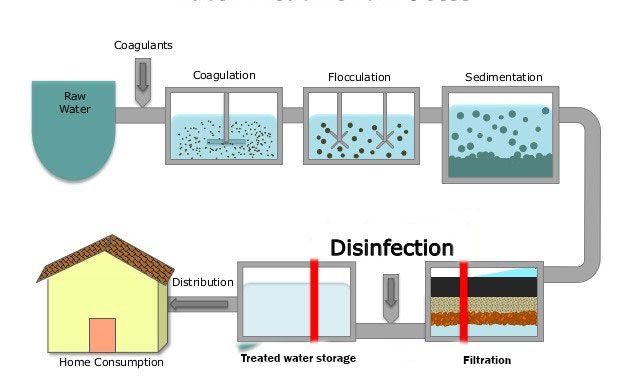The Importance of Wetland Restoration in Water Conservation
Wetlands play a vital role in water conservation and are among the most productive and diverse ecosystems on Earth. Unfortunately, wetlands around the world have been significantly degraded or lost due to human activities. Recognizing the importance of wetlands and undertaking restoration efforts is crucial for water conservation and the overall health of our planet. In this blog, we will explore the significance of wetland restoration in water conservation and its many benefits.
Water Filtration and Purification:
Wetlands act as natural filters, trapping and removing pollutants from water bodies. They effectively remove sediment, nutrients, heavy metals, and other contaminants, thus improving water quality. By restoring wetlands, we enhance their capacity to filter and purify water, ensuring cleaner and healthier aquatic ecosystems.
Water Storage and Flood Prevention:
Wetlands serve as natural reservoirs, storing excess water during periods of heavy rainfall and slowly releasing it during dry spells. Restored wetlands help regulate water flow, reduce the risk of floods, and replenish groundwater reserves. They act as natural sponges, absorbing and storing water, thereby mitigating the impacts of extreme weather events.
Groundwater Recharge:
Wetlands contribute to the recharge of groundwater by allowing water to percolate through their soils. Restored wetlands facilitate the replenishment of aquifers, which serve as crucial sources of drinking water and support the vitality of ecosystems, including streams and rivers.
Habitat for Biodiversity:
Wetlands are incredibly diverse ecosystems, providing habitats for a wide range of plant and animal species. By restoring wetlands, we create or recreate essential habitats for migratory birds, fish, amphibians, and numerous other species. These restored habitats support biodiversity, enhance ecological resilience, and promote healthy ecosystems.
Climate Change Mitigation:
Restored wetlands play a crucial role in mitigating climate change. They act as carbon sinks, absorbing and storing carbon dioxide from the atmosphere. This helps reduce greenhouse gas emissions and mitigate the impacts of climate change. Additionally, wetlands help regulate temperature and maintain humidity, contributing to localized climate moderation.
Conclusion:
Wetland restoration is paramount for water conservation efforts. By restoring wetlands, we promote water filtration and purification, water storage and flood prevention, groundwater recharge, and the preservation of biodiversity. Moreover, wetlands contribute to climate change mitigation and foster resilient ecosystems. It is essential for governments, organizations, and communities to prioritize the restoration and conservation of wetlands, implementing sustainable management practices, and raising awareness about their ecological importance. By valuing and restoring wetlands, we can ensure a sustainable water supply, protect ecosystems, and secure a healthier future for both humans and the planet.

I love your blogs
ReplyDeleteWater conservation is very important, and so are all the things linked to it
ReplyDeletewater conservation is crucial
ReplyDelete